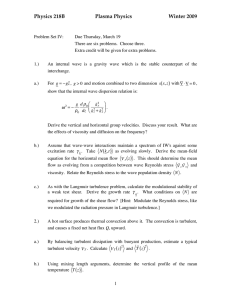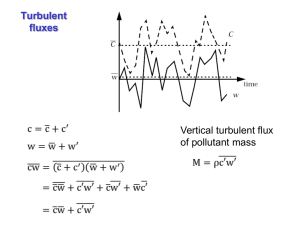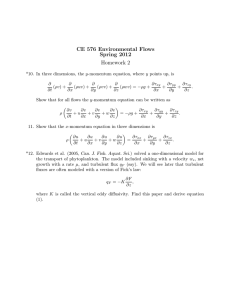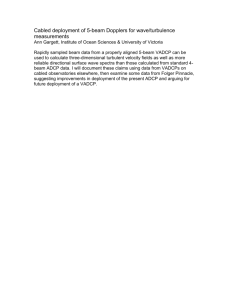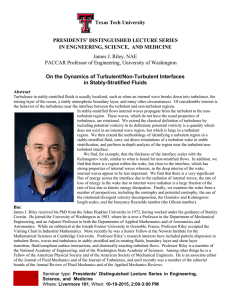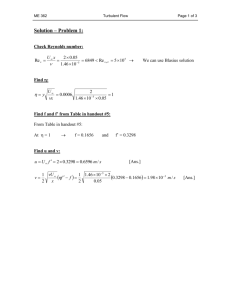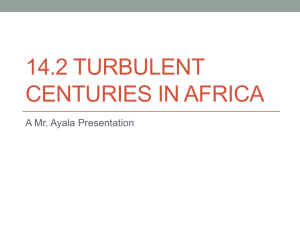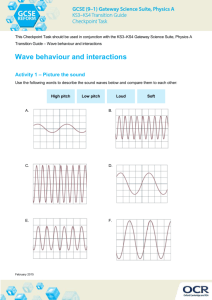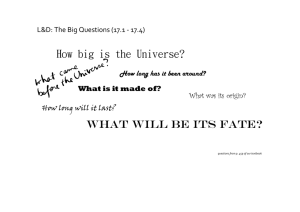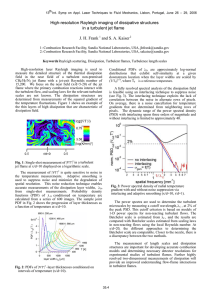Study of turbulent phenomena in space plasma exhibiting
advertisement
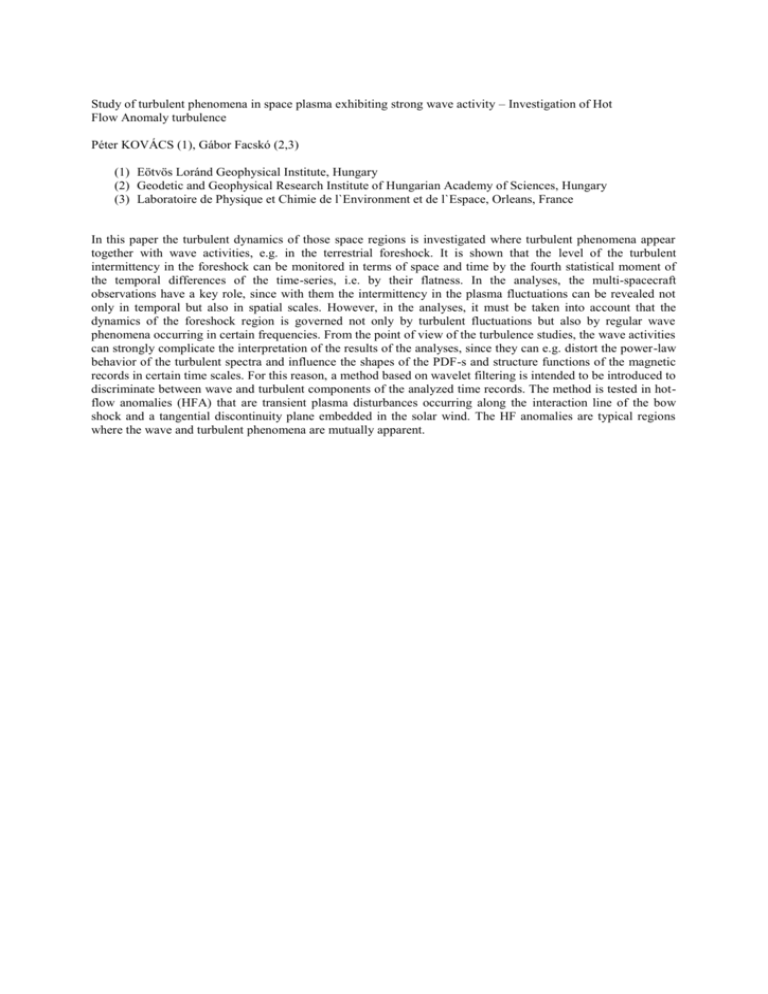
Study of turbulent phenomena in space plasma exhibiting strong wave activity – Investigation of Hot Flow Anomaly turbulence Péter KOVÁCS (1), Gábor Facskó (2,3) (1) Eötvös Loránd Geophysical Institute, Hungary (2) Geodetic and Geophysical Research Institute of Hungarian Academy of Sciences, Hungary (3) Laboratoire de Physique et Chimie de l`Environment et de l`Espace, Orleans, France In this paper the turbulent dynamics of those space regions is investigated where turbulent phenomena appear together with wave activities, e.g. in the terrestrial foreshock. It is shown that the level of the turbulent intermittency in the foreshock can be monitored in terms of space and time by the fourth statistical moment of the temporal differences of the time-series, i.e. by their flatness. In the analyses, the multi-spacecraft observations have a key role, since with them the intermittency in the plasma fluctuations can be revealed not only in temporal but also in spatial scales. However, in the analyses, it must be taken into account that the dynamics of the foreshock region is governed not only by turbulent fluctuations but also by regular wave phenomena occurring in certain frequencies. From the point of view of the turbulence studies, the wave activities can strongly complicate the interpretation of the results of the analyses, since they can e.g. distort the power-law behavior of the turbulent spectra and influence the shapes of the PDF-s and structure functions of the magnetic records in certain time scales. For this reason, a method based on wavelet filtering is intended to be introduced to discriminate between wave and turbulent components of the analyzed time records. The method is tested in hotflow anomalies (HFA) that are transient plasma disturbances occurring along the interaction line of the bow shock and a tangential discontinuity plane embedded in the solar wind. The HF anomalies are typical regions where the wave and turbulent phenomena are mutually apparent.
